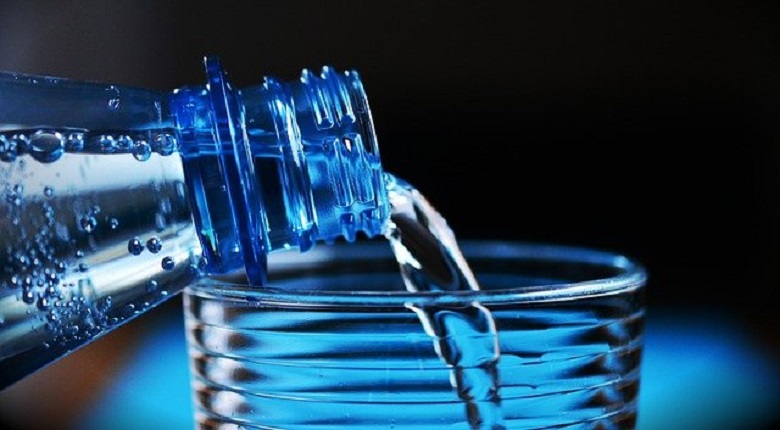How to avoid dehydration in the heat if you don’t feel like drinking plain water

Hot weather dramatically increases the likelihood of dehydration, characterized by such unpleasant symptoms as dizziness, rapid breathing, low blood pressure, dry mouth, etc. Therefore, it is very important to drink in the heat to avoid significant loss of fluid in the body and maintain good health.
Alas, some people do not want to drink plain water (especially at room temperature), and if you are one of these people, you can try other ways to save yourself from dehydration.
Add fruits and vegetables to your water
Even the highest quality tap water is almost tasteless, so it’s incredibly tiring to drink it time after time. But this problem is very easy to solve: add lemon slices, berries, mint, or cucumber slices to clean water. The water will have a noticeable and pleasant taste of fresh fruits or vegetables, and you will drink it more easily.
Eat foods high in water
Summer is the time for foods that contain a lot of water. These include: watermelons, cucumbers, grapes, stone fruits, etc.
They are an excellent thirst quencher; they help avoid dehydration and contain relatively few calories so that they can be eaten often. The main thing is to remember
Reduce your coffee and alcohol intake
Coffee and alcohol only temporarily quench thirst and contribute to dehydration because they are potent diuretics. Even a cold frappuccino or a bottle of beer, which seem to be great for refreshment, in fact gradually deprive the body of the necessary moisture. The same applies to strong black tea and carbonated drinks: it is not good to consume them during the heatwave.
Drink coconut water
Coconut water is another excellent substitute for regular water, although it does contain calories (about 19 calories per 100 grams).
Coconut water (usually sold in stores in paper bags with a tube) is pleasant to taste and very useful. It contains B vitamins and essential electrolytes (potassium, sodium magnesium, etc.), which are lost in dehydration.
Limit physical activity
We tend to lose a lot of fluids when we are exercising, so it pays to limit physical activity and exercise with less intensity in the heat. The combination of exercise and grueling heat can end in heatstroke and fainting.
If you don’t want to pass out in the middle of the street or at the gym, don’t work out too hard in the heat. It is better to postpone your workout until late afternoon or early morning when the air temperature is slightly lower.




